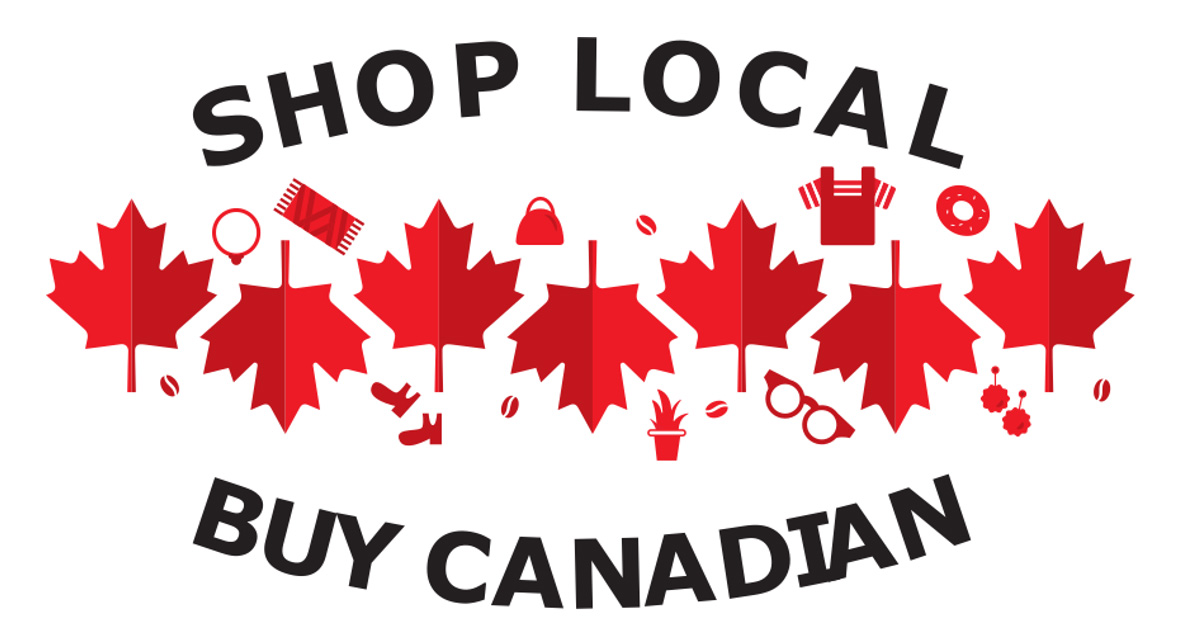A nationwide consumer boycott targeting major American retailers is gaining traction in Canada, as grassroots movements push for a one-day economic blackout on February 28. The initiative, which originated in the United States, aims to pressure U.S. corporations and policymakers in response to President Donald Trump’s controversial trade policies, including proposed 25% tariffs on Canadian goods.
The movement encourages Canadians to shop exclusively at Canadian-owned stores for the day, reflecting growing frustration over Trump’s trade threats and rhetoric about integrating Canada as the 51st state.
The economic blackout, spearheaded by The People’s Union USA, initially focused on boycotting U.S. retailers that rolled back diversity, equity, and inclusion (DEI) policies following a Trump executive order in January. However, in Canada, the movement has evolved into a nationalist push to support Canadian businesses and reduce reliance on American corporations.
Discussions on online forums like r/BuyCanadian show increasing consumer support for the boycott. One user stated:
“I stopped shopping at Walmart. That’s almost $10K a year in groceries I will be spending at a Canadian grocery store.”
Another commenter urged Canadians to extend the boycott beyond a single day:
“It is impossible to fully remove everything American, but I am trying.”
While the movement is gaining attention, experts question its economic impact.
Marketing professor Marvin Ryder of McMaster University compared the protest to the 2024 Loblaw boycott, which attracted over 100,000 supporters but failed to significantly dent the retailer’s bottom line.
“If you could get 10% of the population to do something, that would have an impact, but we don’t get people that motivated,” Ryder said.
While a one-day boycott may have limited effects, educating consumers about supporting Canadian products is a more sustainable approach. Experts recommend looking for Made in Canada (at least 51% Canadian ingredients) or Product of Canada (at least 98% Canadian ingredients) labels when shopping.
However, Ryder warns against misdirected boycotts—some companies, like Toys “R” Us Canada, McDonald’s Canada, and Walmart Canada, operate independently of their U.S. counterparts.
The Bank of Canada has cautioned that prolonged U.S. tariffs could have severe consequences for the Canadian economy. Governor Tiff Macklem warned that tariffs could lead to:
- Higher consumer prices in Canada
- Reduced demand for Canadian exports, impacting national income
- Long-term economic damage with no guaranteed recovery
While some hope that public pressure could push Trump to reconsider the tariffs, experts remain skeptical.
“Donald Trump is going to do whatever Donald Trump is going to do,” Ryder said.
With tensions escalating, the effectiveness of the economic blackout remains uncertain. While it may symbolize resistance against U.S. policies, long-term consumer awareness and sustained support for Canadian businesses may prove more impactful in the face of growing trade challenges.

